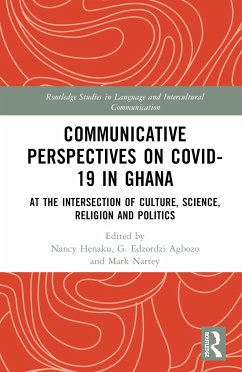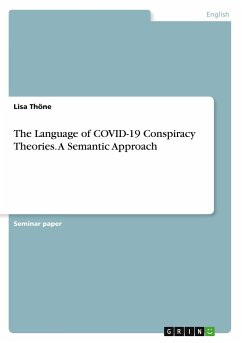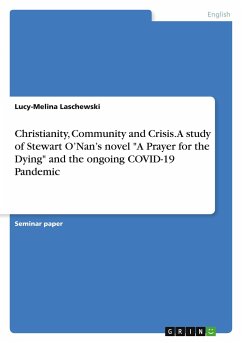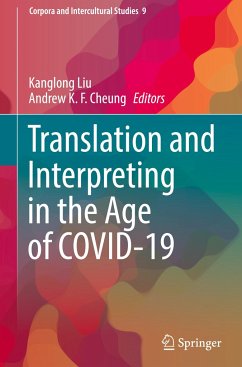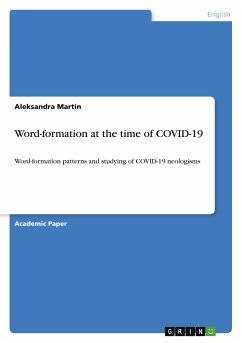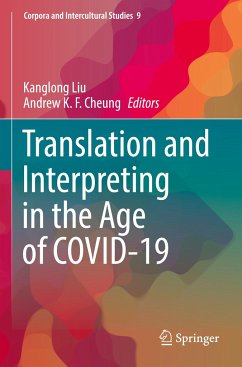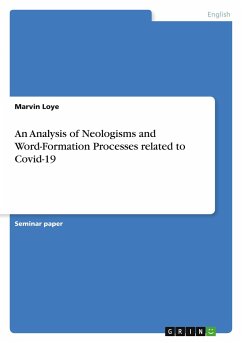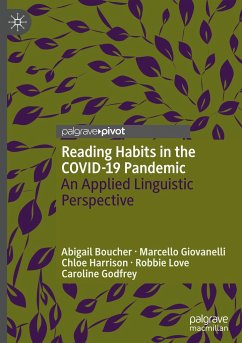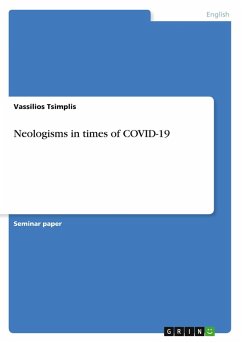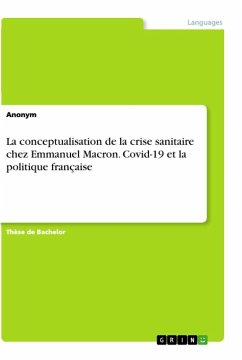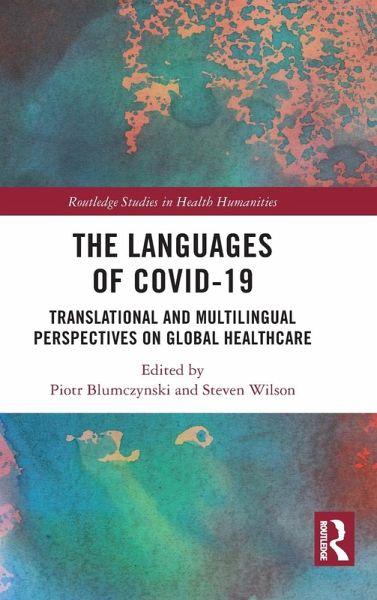
The Languages of COVID-19
Translational and Multilingual Perspectives on Global Healthcare
Herausgeber: Blumczynski, Piotr; Wilson, Steven
Versandkostenfrei!
Versandfertig in 1-2 Wochen
149,99 €
inkl. MwSt.
Weitere Ausgaben:

PAYBACK Punkte
75 °P sammeln!
This collection advocates for languages-based, translational research to be part of the partnerships and collaborations required to make sense of, and respond to, COVID-19 as one of the major global challenges of our time.




